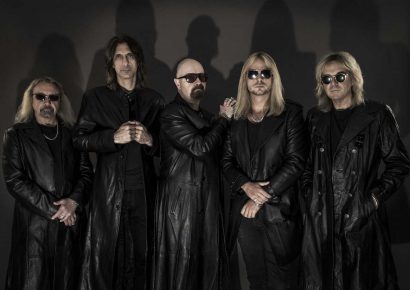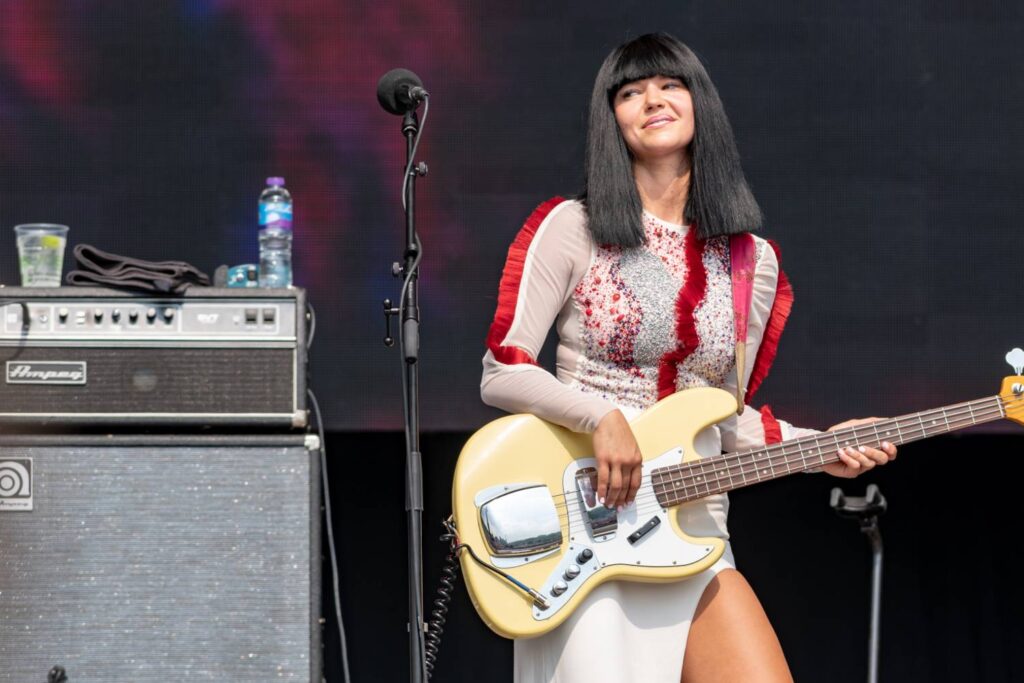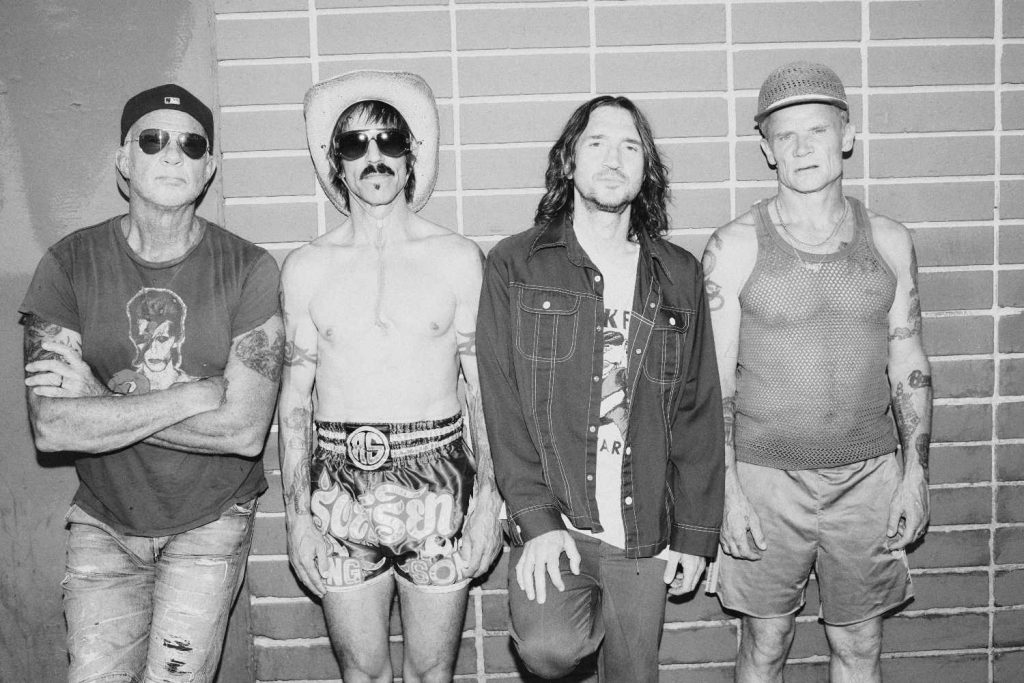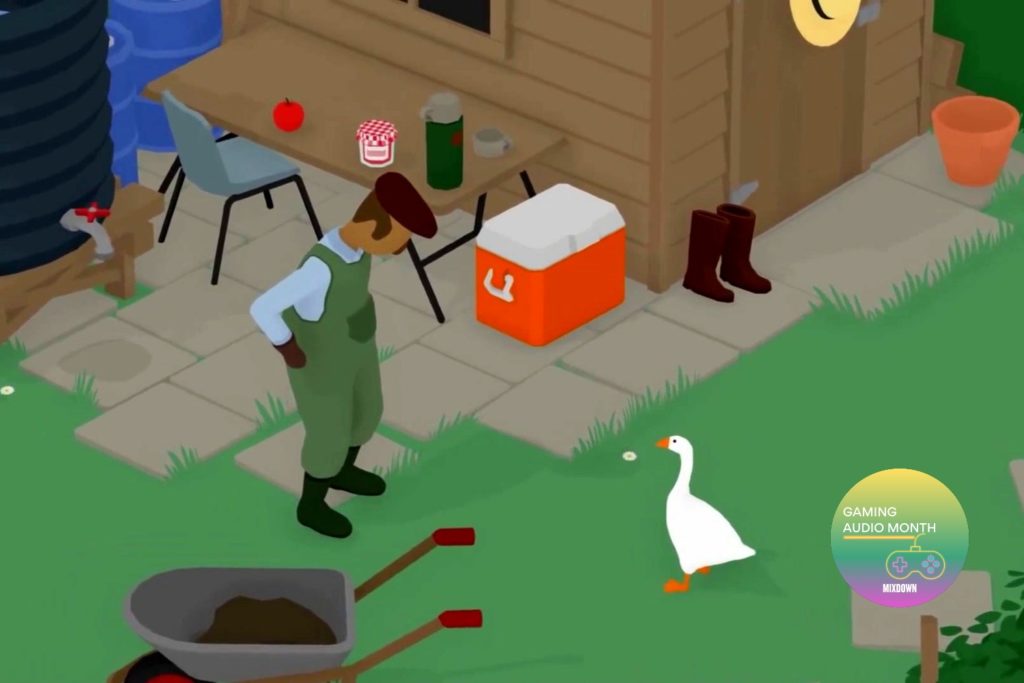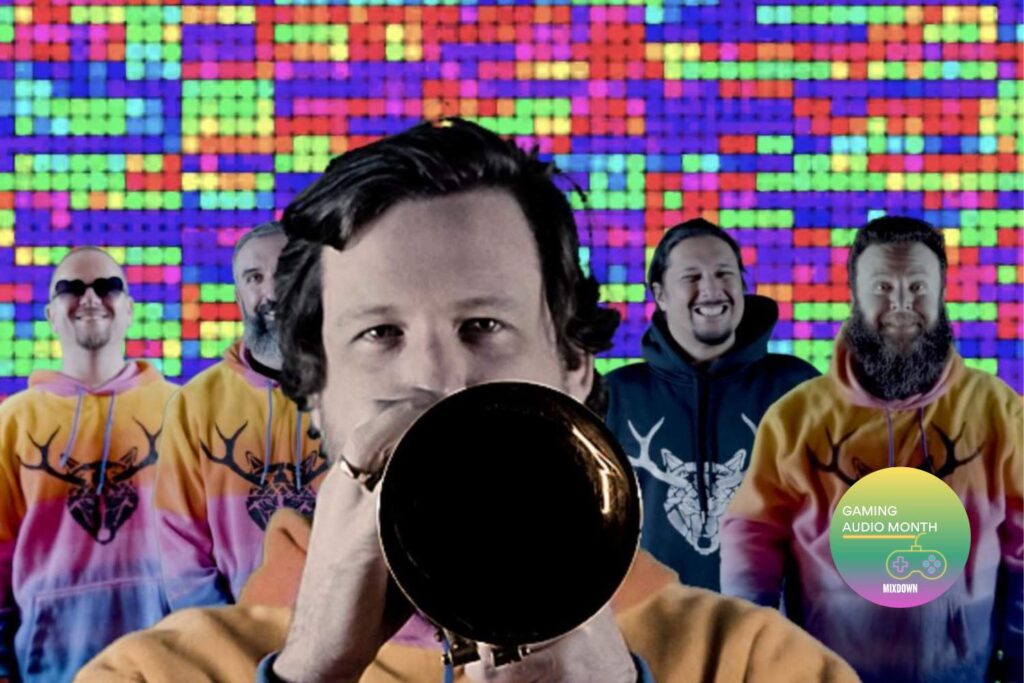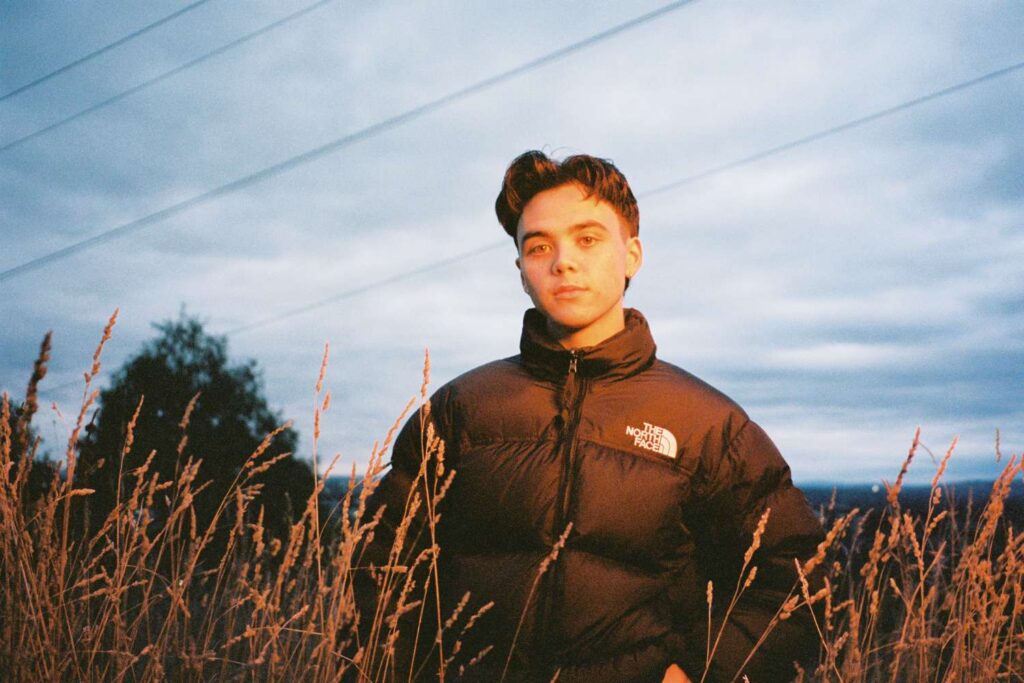“We want to make good records, so definitely we feel pressure,” he says. “There’s just so much that happens, to write and produce and record and mix and all the artwork and all the publicity that needs to happen to make a record. It’s a huge process.”
With Forever So, Husky climbed to an enviable position, building a large hometown following and scoring a record deal with the Seattle’s revered indie imprint Sub Pop. The record alsosent Husky off on a hefty international touring campaign. Following 18-months on the road, Rucker’s Hill was recorded in several stints, at a number of separate locations, over the last two years.
“It was a combination of using our home studio and using other studios,” Preiss says. “We stumbled upon an amazing studio called Echidna Studios out in Christmas Hills, overlooking the Yarra Valley. It’s a beautiful studio with big open spaces and some great acoustics. We did a lot of the demoing and the writing and the early recordings of the record out there. We also worked with Sydney producer Wayne Connolly out of his studio at Alberts in Sydney. The gear is amazing there. You’ve got access to all these great instruments – keyboards, guitars, vintage microphones and vintage preamps. We also recorded my upright Kawaii piano at home. We worked out of Sing Sing. We moved around a bit.”
Beyond the logistic necessity of piecing together Rucker’s Hill in various locations, doing so has diversified the record’s personality.
“The feeling, the vibe, the energy of the space that you’re in, all these different things seep into those recordings,” Preiss says. “I feel like the sessions we did out in the hills have a different feeling to the sessions that we did at Alberts. I think it does vary the kind of sounds that you end up creating.”
Rucker’s Hill possesses a lively sense of freedom, which recalls late-‘60s/ early-‘70s folk-rock. The band’s stylistic persuasion is matched by their choice of recording technology.
“We definitely lean towards older vintage gear,” Preiss says. “That includes instruments – we love vintage guitars, we love the old vintage keyboards and the early analog synths. That goes for microphones and preamps and amplifiers and all that sort of stuff. We just prefer the quality that kind of equipment creates. I think the way that we record is pretty organic,” he adds, “particularly given the way that a lot of artists record these days. I think what we do is pretty true to the way that bands have recorded and been recorded for the last however many years.”
This preference for a less artificial recording approach doesn’t mean Husky are opposed to digital technology. Much like Forever So, Rucker’s Hill was recorded on Pro Tools. However, this time around they refrained from layering instruments ad infinitum.
“Forever So was a very textured-folky-dreamy record,” Preiss says. “There were limitations with that record in terms of performing it at our live shows. We definitely learnt that we needed some more lively tunes that are more dynamic, which would create a more dynamic show. I think that we were conscious of that with Rucker’s Hill.”
Along with frontman Husky Gawenda and Wayne Connolly, Preiss is credited as the record’s co-producer. Perhaps being a member of the band is enough to qualify as co-producer, but Preiss explains he had an instrumental role in bringing the record to life.
“You’ve got to wear a different cap for the production gig. You’ve got to see things from more of an objective overall perspective, as opposed to the perspective of a ‘keys player in the band’. At the time [of recording], I was very into George Harrison’s All Things Must Pass. Particularly for guitar tones, I referenced that a lot. I’m always listening to Beach Boys, for how they arrange and get all these beautiful textures into their songs. I was going through quite a big Elvis phase at that time as well, so I was into a little more simple arrangements and simple textures.”
Now that the elongated record-making task is behind them, and Rucker’s Hillis available for public consumption, Preiss can reflect on the entire process with pronounced enthusiasm.
“We made Forever So in isolation,” he says. “At the time we had very little going on in terms of any kind of recognition for what we do. We did so much touring and so much learning and developing as individuals, and as a band. It was really exciting to sit down and be able to start afresh and make a new record. Out of all of the things that we get to do, creating new music is the most exciting part.”

